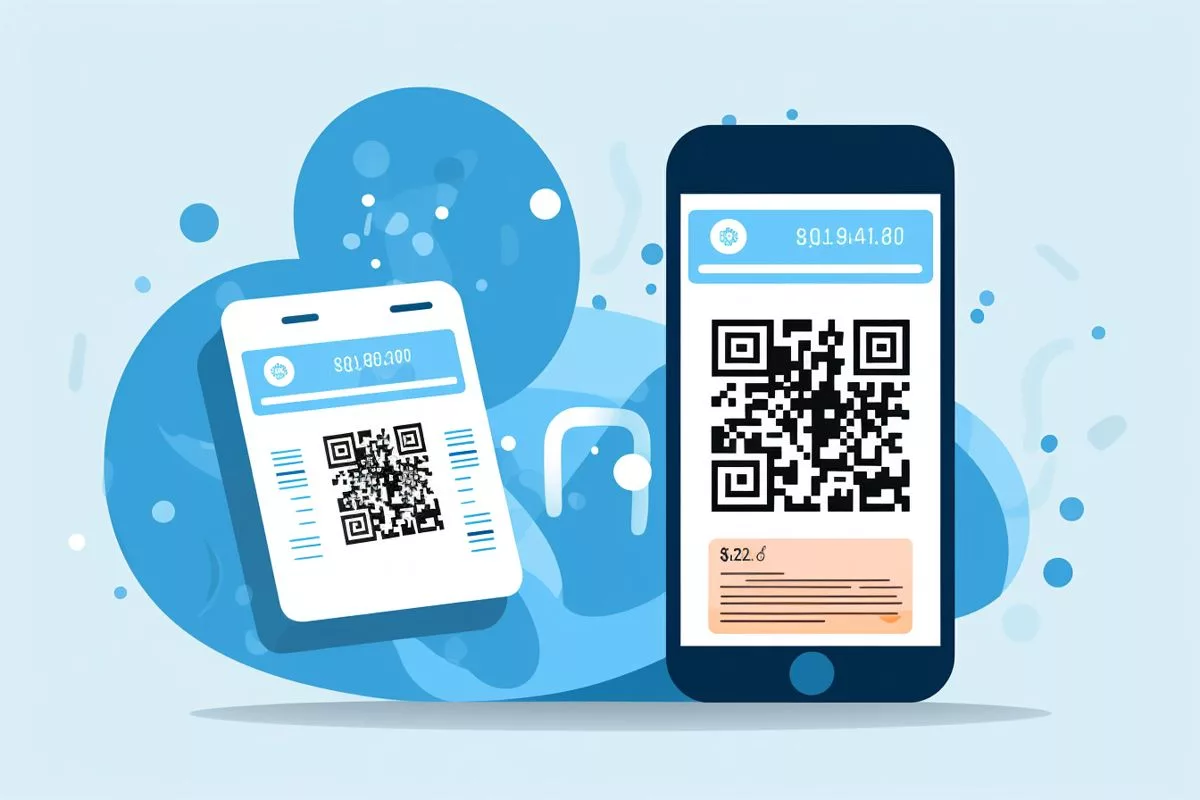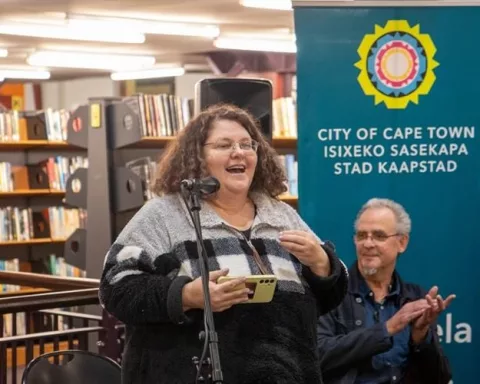The City of Cape Town has made paying municipal bills easier for its residents by introducing QR codes on invoices. By scanning the QR code with their smartphones, customers can quickly access the payment portal, making the process more accurate, efficient, and secure. The City also encourages residents to sign up for emailed accounts for added convenience, but traditional payment methods are still available for those who prefer them. The integration of QR codes is a significant milestone in the City’s pursuit of excellence, offering a user-friendly payment option for its residents.
How are QR codes simplifying city payments?
The City has introduced QR codes on municipal account holders’ invoices to simplify the payment process, benefitting both the City and its residents. By scanning the QR code with their smartphones, customers can quickly access the payment portal, ensuring accuracy, efficiency, and security. This reliable system has made payments more straightforward and maintained exceptional service delivery, transforming the way residents handle their financial responsibilities. Customers can also switch to emailed accounts for added convenience.
Streamlining Municipal Payments with QR Codes
In today’s world where technology is deeply embedded in our everyday lives, it’s no surprise that the City has developed an inventive solution to make invoice payments easier for its residents. The introduction of QR codes on municipal account holders’ invoices is a groundbreaking move that not only simplifies the payment process but also benefits both the City and its residents.
Central to this change is the QR code, which has quickly become a symbol of convenience. By scanning the QR code with their smartphones, customers can quickly access the payment portal. This easy-to-use solution ensures accuracy, efficiency, and security, transforming the way residents handle their financial responsibilities.
City Councillor Siseko Mbandezi, the Mayoral Committee Member for Finance, astutely notes, “Our account holders expect an efficient, technologically advanced, and cost-effective administration.” Implementing QR codes into the municipal billing system showcases the City’s commitment to fulfilling these expectations. With a 99% accuracy rate, this reliable system has made payments more straightforward and maintained exceptional service delivery, ensuring the City’s organization remains robust and prosperous.
Encouraging Digital Invoice Delivery and Support
To further demonstrate its commitment to improving residents’ experiences, the City urges customers to switch to emailed accounts. By providing their email address and contact number, residents can enjoy the convenience of receiving their invoices directly in their inbox. Customers can either email Revenue.Eservices@capetown.gov.za or send an SMS to 31223 to sign up for emailed accounts or eServices.
For those interested in learning more about this new payment method, a comprehensive user’s guide can be found at https://bit.ly/3MhZXgT. As the City continually seeks to enhance and diversify its service offerings, it encourages residents to explore these handy online options.
It’s important to note that the City understands not all residents are prepared to embrace this technological shift. For those who prefer traditional payment methods, several alternatives are still available:
• Online payments can be made through www.Easypay.co.za or www.powertime.co.za.
• Electronic funds transfers (EFTs) allow customers to choose the City as a bank-listed beneficiary. It’s crucial to use only the nine-digit municipal account number as a reference.
• Payments can also be made at various retailers, including Shoprite, Checkers, USave, Pick n Pay, PEP, Ackermans, Lewis, Top It Up, Woolworths, and selected Spar shops.
• Automated Teller Machines (ATMs) can also be used for payments. Customers should contact their banks to add the City as an ATM beneficiary.
A Bright Future for City Payments and Services
As the City progresses and adjusts to the ever-evolving world of technology, it remains committed to offering efficient, advanced, and cost-effective solutions for its residents. The incorporation of QR codes on municipal invoices signifies a considerable milestone in the City’s pursuit of excellence, providing account holders with a secure, efficient, and user-friendly payment option.
With the successful integration of QR codes into the City’s billing system, it’s clear that the future has arrived, and it’s bringing with it an exceptional level of convenience for residents. As the City continues on its mission to improve and enhance its service offerings, one can only imagine what inventive solutions await just around the corner.
1. What are QR codes in regards to city payments?
QR codes are scannable codes that are now included on the invoices of municipal account holders in the City of Cape Town. By scanning the code with their smartphone, customers can quickly access the payment portal, making the process more accurate, efficient, and secure.
2. How do QR codes simplify city payments?
QR codes simplify city payments by providing a user-friendly payment option for residents. By scanning the QR code on their invoice with their smartphone, customers can quickly access the payment portal, ensuring accuracy, efficiency, and security.
3. Are traditional payment methods still available?
Yes, traditional payment methods are still available for those who prefer them. Customers can make payments through online portals, electronic funds transfers (EFTs), various retailers, and automated teller machines (ATMs).
4. Can customers sign up for emailed accounts?
Yes, customers can sign up for emailed accounts by providing their email address and contact number. Residents can email Revenue.Eservices@capetown.gov.za or send an SMS to 31223 to sign up for emailed accounts or eServices.
5. What benefits do customers receive from emailed accounts?
Customers who switch to emailed accounts can enjoy the convenience of receiving their invoices directly in their inbox. This makes it easier to manage their municipal bills and helps them maintain a record of their payments.
6. Are there instructional materials available for the use of QR codes?
Yes, a comprehensive user’s guide for using QR codes can be found at https://bit.ly/3MhZXgT. This guide can provide step-by-step instructions for using the codes effectively.
7. What is the accuracy rate for the QR code payment system?
The QR code payment system has a 99% accuracy rate, making it a reliable and efficient way for residents to make their municipal payments.
8. What is the City’s commitment to technological advancements?
The City of Cape Town is committed to offering efficient, advanced, and cost-effective solutions for its residents. The incorporation of QR codes into municipal invoices signifies a considerable milestone in the City’s pursuit of excellence. As the City continues to enhance and diversify its service offerings, it encourages residents to explore these handy online options.








